Summaries of books about U.S. History:
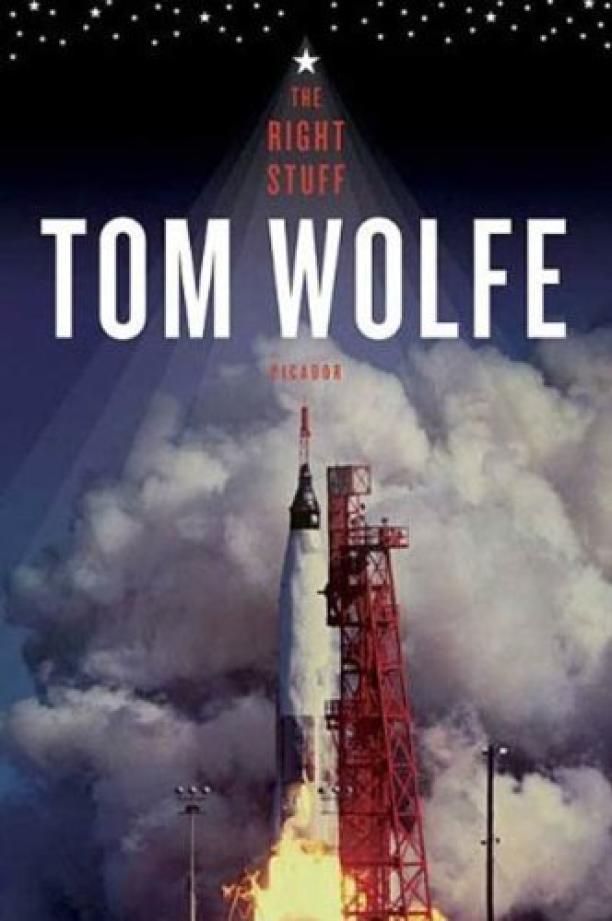
The Right Stuff
Tom Wolfe
The book chronicles the lives and careers of U.S. military pilots engaged in high-risk test flying and the first American astronauts selected for Project Mercury. It explores the intense physical and mental challenges they faced, as well as the cultural fascination with their bravery and "right stuff" required for space exploration.
See full summary
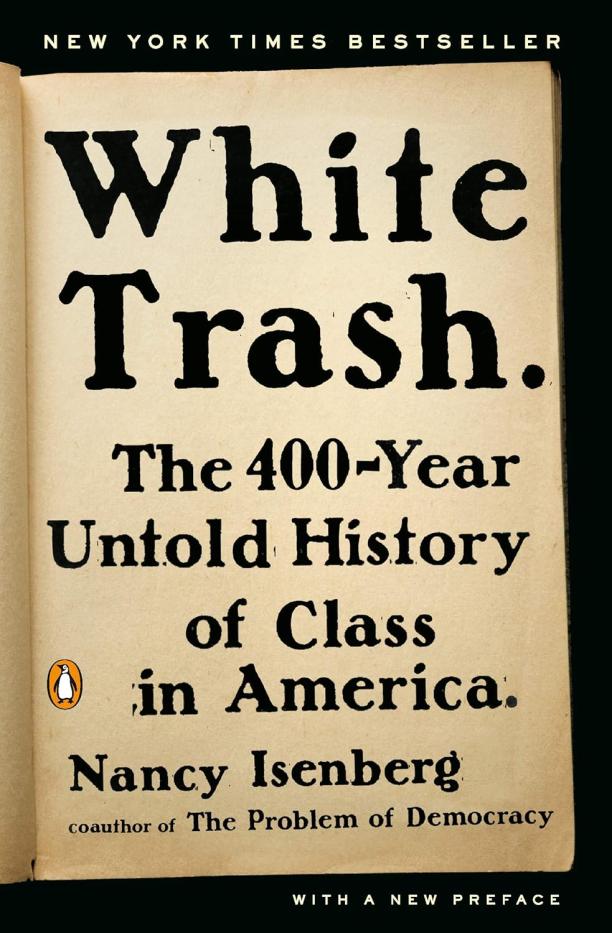
White Trash
The 400-Year Untold History of Class in America
Nancy Isenberg
The book examines the history of the lower class in America from the colonial era to the present, challenging the notion of the United States as a class-free society. It reveals the entrenched social hierarchy, exploring the roles and perceptions of poor whites throughout American history.
See full summary
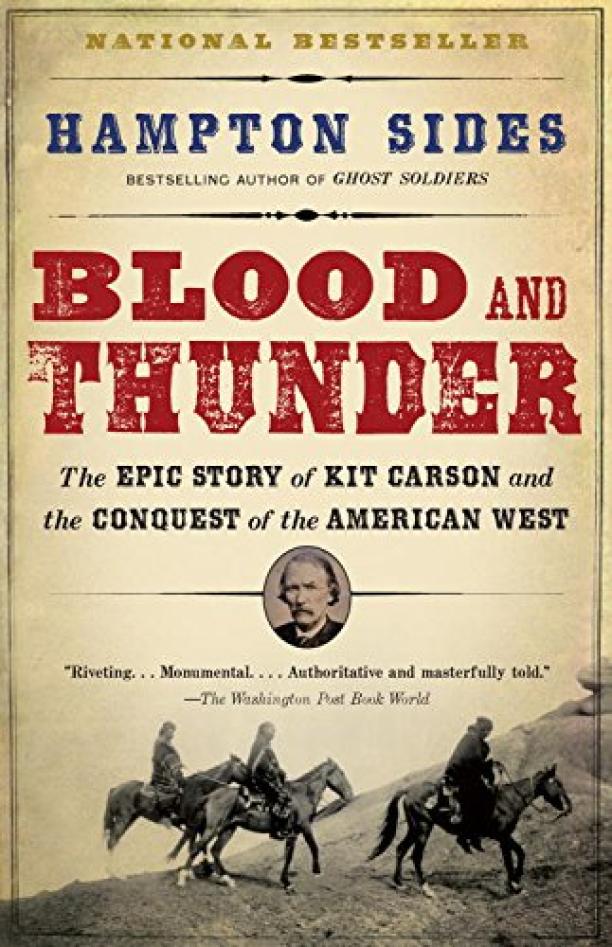
Blood and Thunder
Hampton Sides
The book chronicles the epic conquest of the American West, focusing on the life of frontiersman Kit Carson and the violent conflicts between the Native American tribes and the encroaching settlers. It delves into the Mexican-American War, the discovery of gold in California, and the tragic history of the Navajo people during the Long Walk era.
See full summary
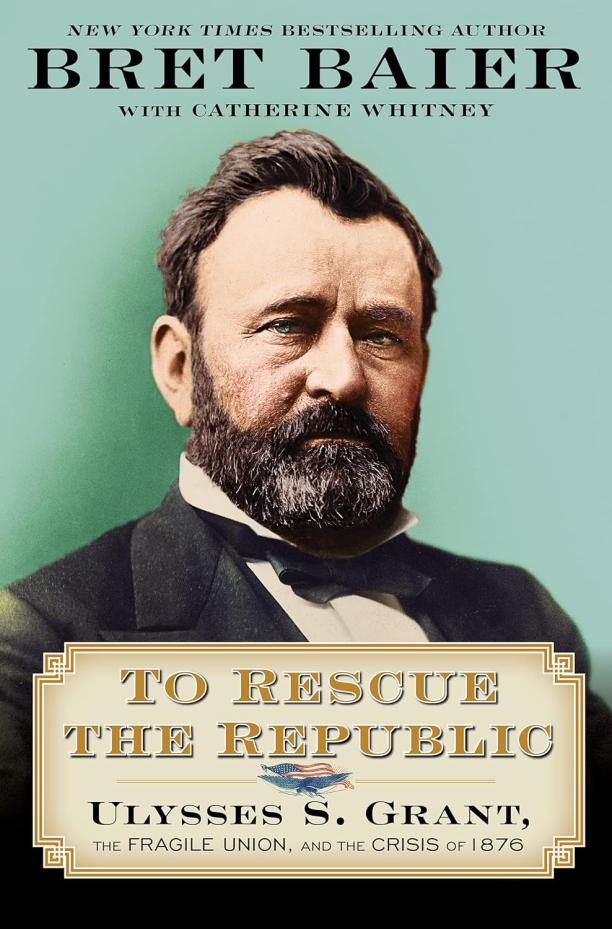
To Rescue the Republic
Ulysses S. Grant, the Fragile Union, and the Crisis of 1876
Bret Baier|Catherine Whitney
The book delves into the life and presidency of Ulysses S. Grant, focusing on his efforts to preserve the Union during the tumultuous Reconstruction era and the crisis surrounding the contested presidential election of 1876. It highlights Grant's leadership and determination to maintain civil rights and fight against the rise of white supremacist groups, showcasing his role in stabilizing a nation still reeling from the Civil War.
See full summary
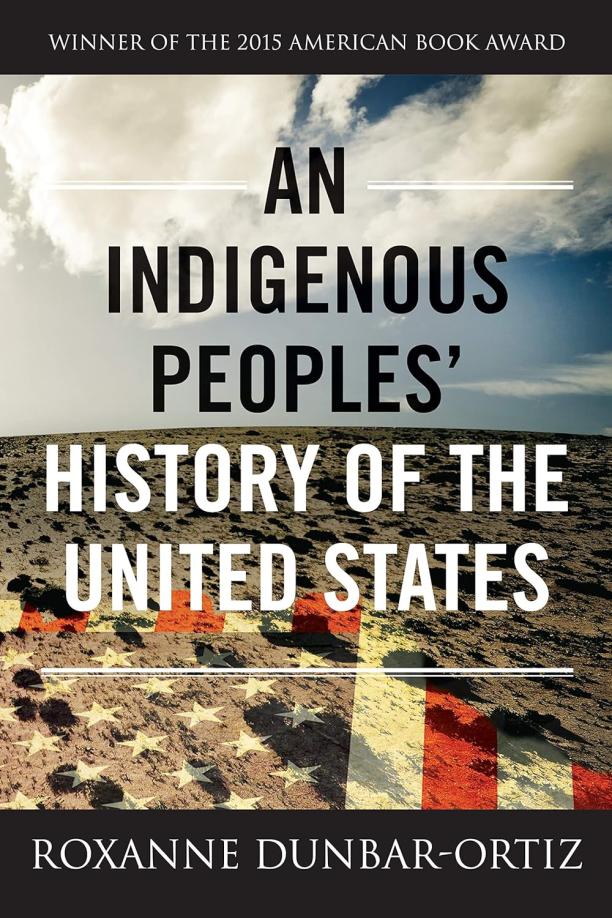
An Indigenous Peoples' History of the United States
Roxanne Dunbar-Ortiz
The book presents a history of the United States from the perspective of indigenous peoples, challenging the founding myth of the country and highlighting the resistance and survival of Native Americans against colonialism and state-sponsored oppression. It critically examines the policies and actions that led to the dispossession and genocide of indigenous populations, offering a narrative that counters the dominant Eurocentric historical discourse.
See full summary
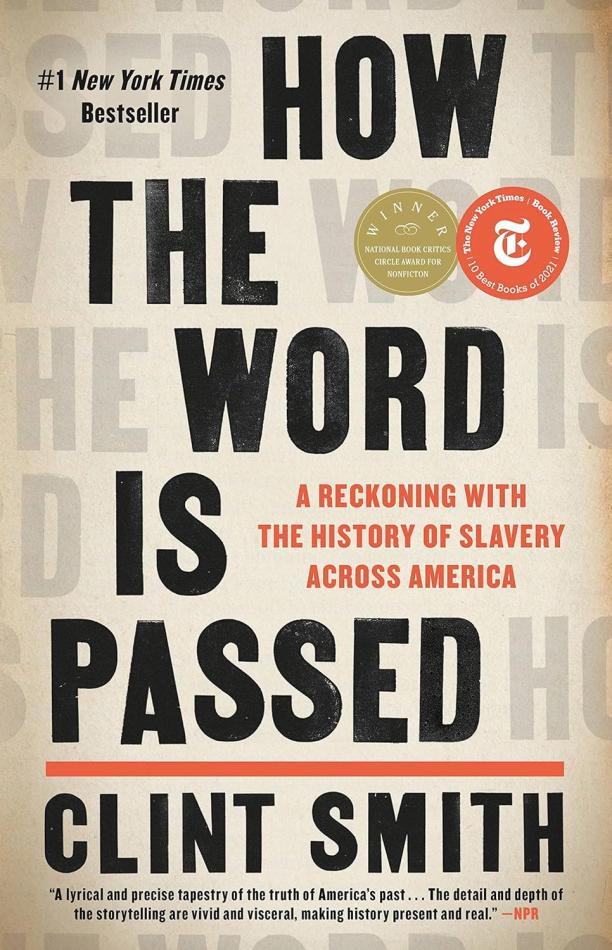
How the Word Is Passed
A Reckoning with the History of Slavery Across America
Clint Smith
The book explores the legacy of slavery in the United States through visits to historical sites and engaging with their narratives. It examines how different places and their stories contribute to the understanding of slavery's impact on American history and memory.
See full summary

Benjamin Franklin
An American Life
Walter Isaacson
The biography delves into the multifaceted life of founding father Benjamin Franklin, exploring his roles as a diplomat, scientist, inventor, and writer. It provides a detailed account of his personal life, public service, and significant contributions to the American Enlightenment and the formation of the United States.
See full summary
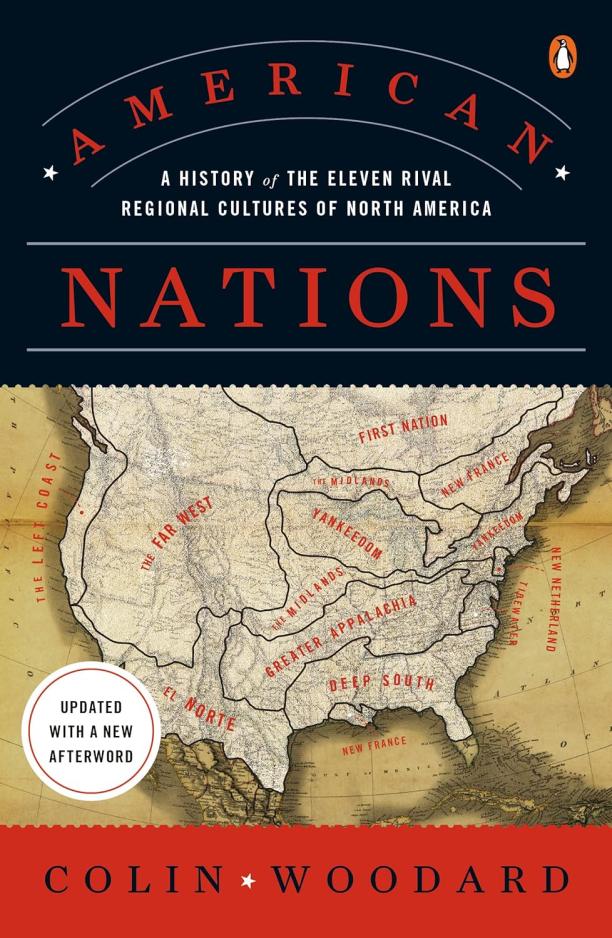
American Nations
A History of the Eleven Rival Regional Cultures of North America
Colin Woodard
The book explores the distinct cultural regions that have historically divided North America, each with its own unique origins, values, and political inclacies. It traces the development and conflicts of these eleven regional cultures from the colonial era to the present, arguing that they play a pivotal role in the continent's social, political, and economic divides.
See full summary
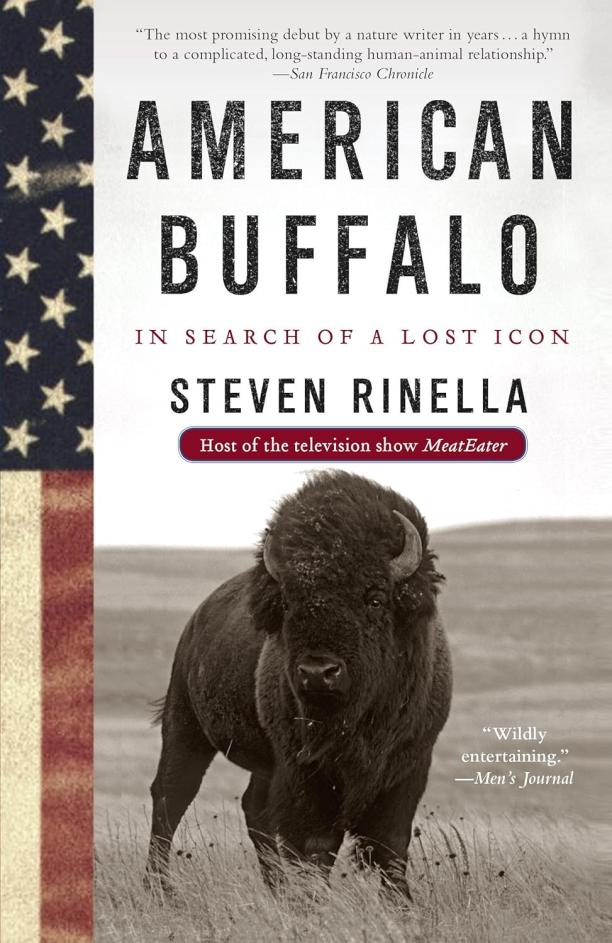
American Buffalo
In Search of a Lost Icon
Steven Rinella
The book chronicles the author's journey through the history, ecology, and conservation of the American buffalo, intertwining his personal experiences hunting a buffalo in Alaska. It explores the animal's significance in American culture and the impact of its near-extinction on the landscape and national psyche.
See full summary
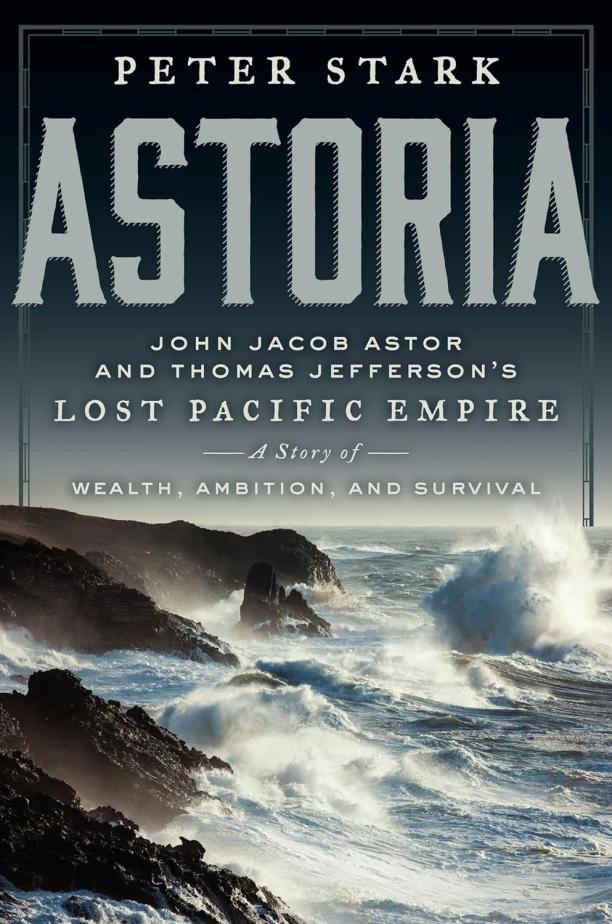
Astoria
John Jacob Astor and Thomas Jefferson's Lost Pacific Empire: A Story of Wealth, Ambition, and Survival
Peter Stark
The book chronicles the harrowing expedition financed by John Jacob Astor and supported by President Thomas Jefferson to establish a fur-trading empire in the Pacific Northwest. It details the perilous journey of the Astor Expedition, the establishment and ultimate failure of the settlement Astoria, and the adventurers' struggle for survival amidst hostile environments and interactions with Native American tribes.
See full summary